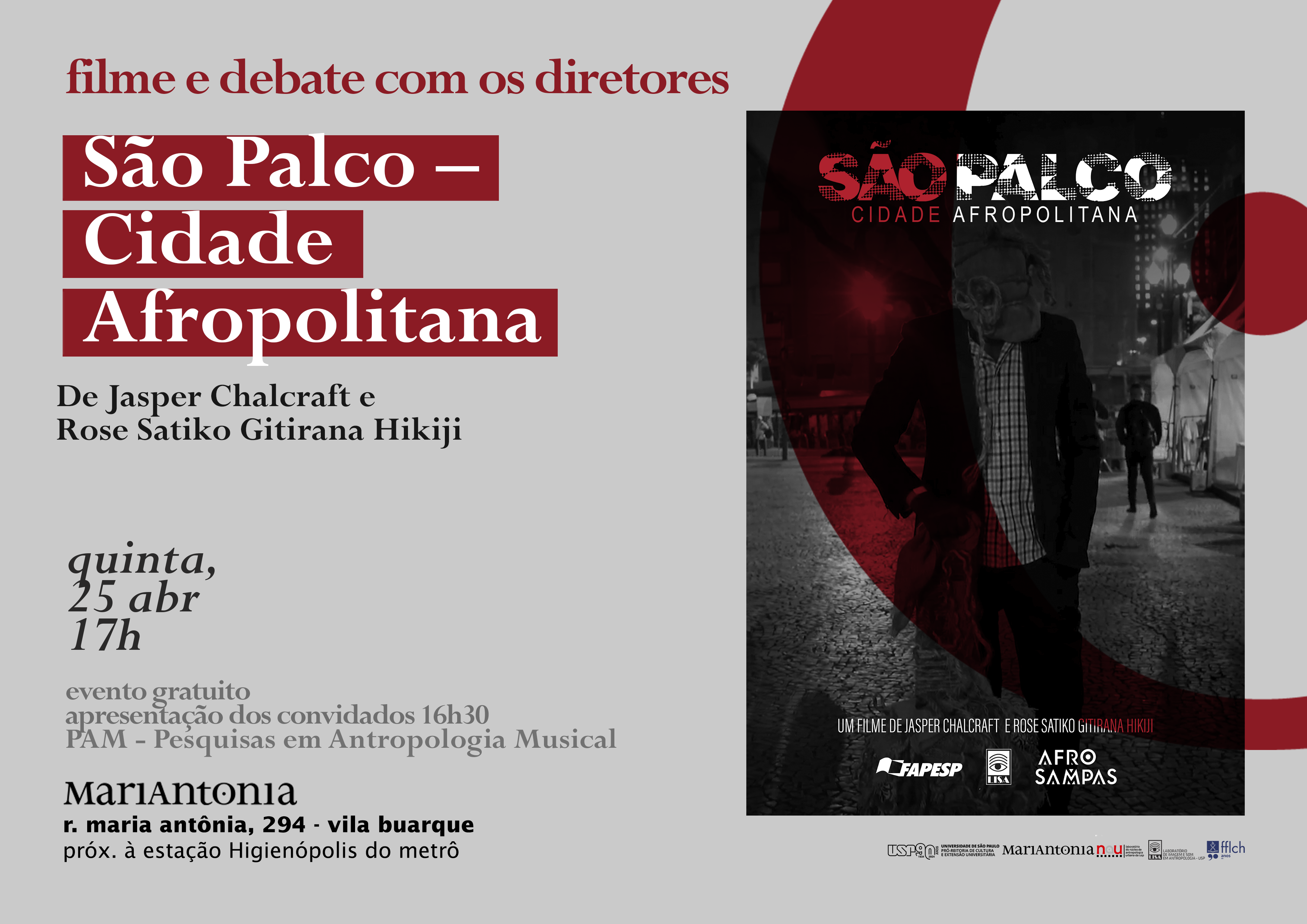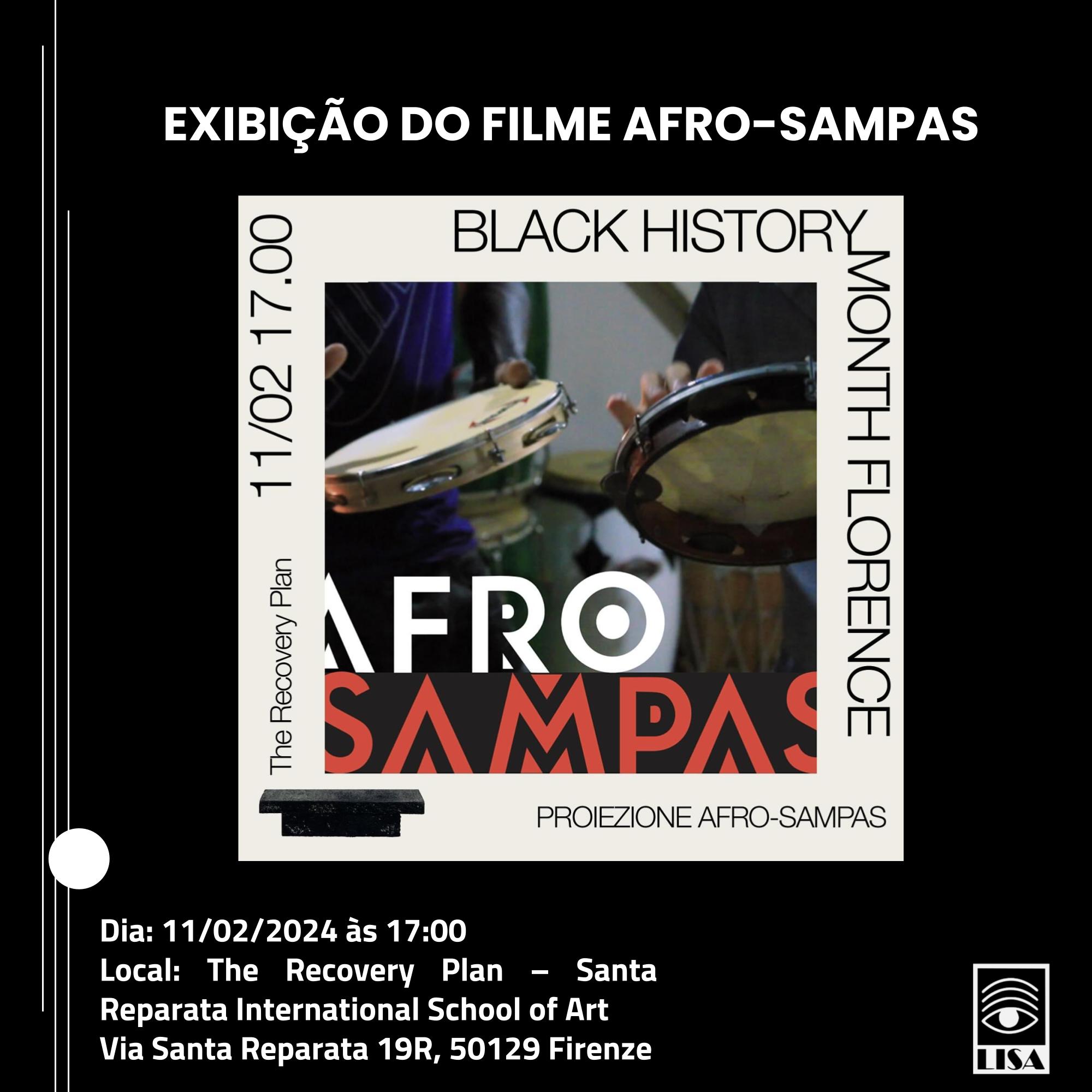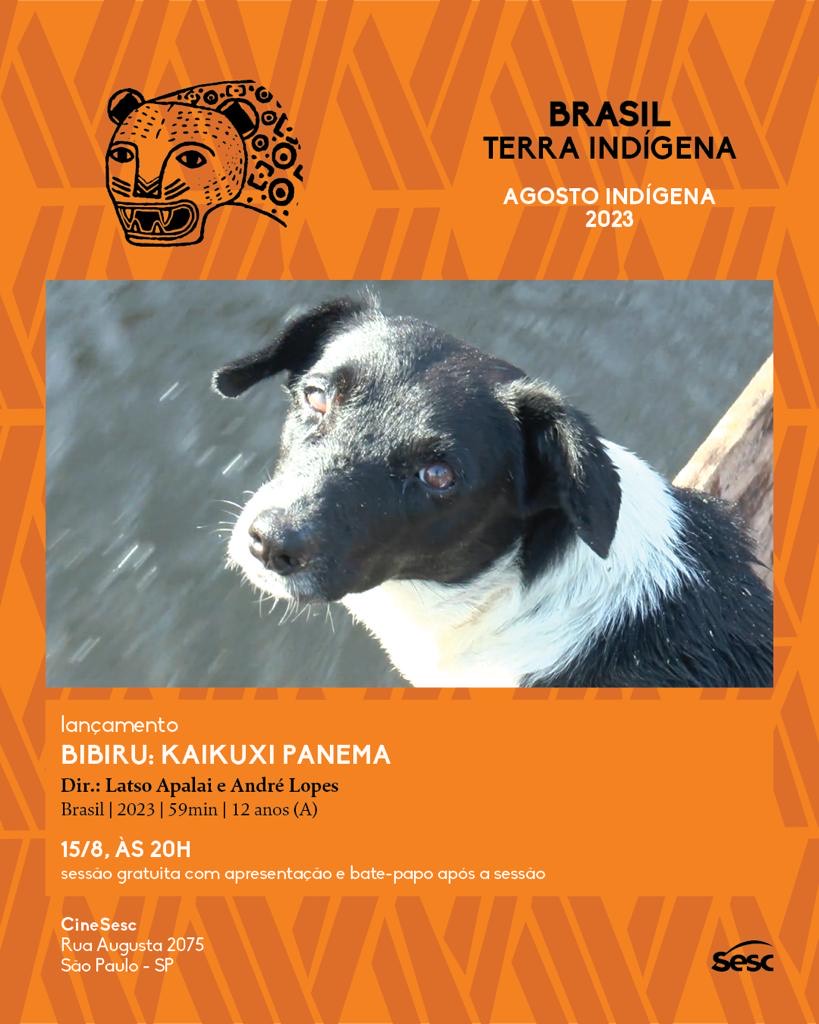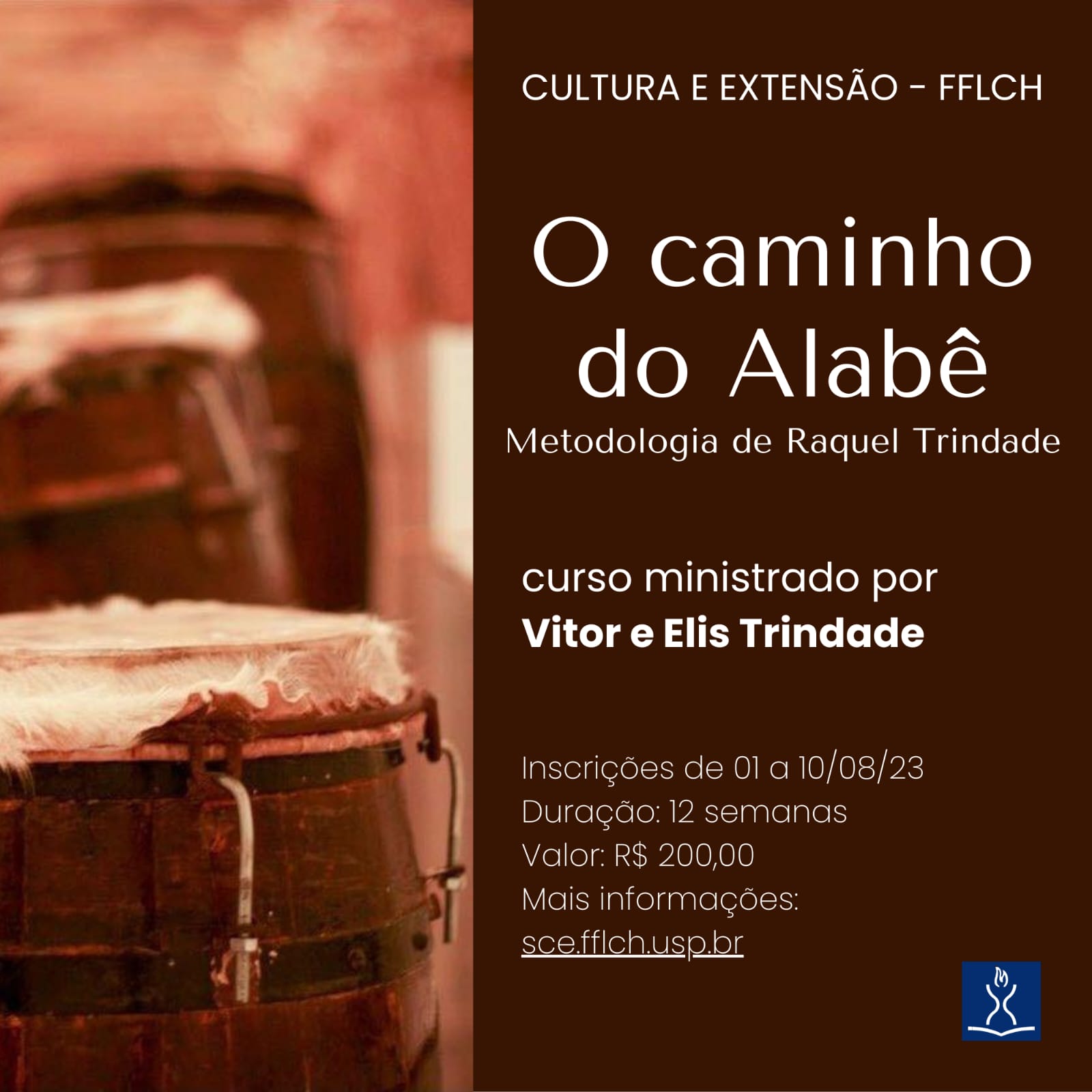Happened at LISA
At this "COMO VOCÊ EDITA?" meeting, we will have visual artist Marina Feldhues as a guest.
Marina is a professor and doctoral candidate in Communication at UFPE. Between 2019 and 2024, she organized the study group Anticolonial Narratives. She is the author of the books 'Catálogo' (2019), 'Photobooks: (in)definitions, stories, experiences and production processes' (2021), of the book of interviews with artists 'E Se?' (2023), and the artist's books 'My Favorite Photo' (2022) and 'Journey to Brazil 1865–1866: The Disorder of the Flesh' (2023).
In 2024, she won the acquisition award from the 13th Contemporary Photography Diary of Belém – PA, with the photocollage series 'The Meat Disorder' (2023). In 2023, she won the POY-LATAM in the Resignify Archives category and received an honorable mention at the BIFA (Budapest International Foto Awards) (2023) in the Fine-Art Collage category and at the Student World Impact Film Festival (2023).
We are waiting for you!
Speakers: Kelly Koide and Yuri Prado
Kelly Koide has a PhD in Philosophy from the University of São Paulo (USP), with an internship at Université Lyon I. She is a postdoctoral fellow at the Department of Anthropology at USP, where she conducts research on the trajectory and work of Claudia Andujar and Maureen Bisilliat. Researcher at the Visual Anthropology Group (GRAVI – USP).
Yuri Prado has a PhD in Music from ECA-USP, with an internship at Université Paris VIII. He is a postdoctoral student in Anthropology at FFLCH-USP, having recently completed a research internship at the École des Hautes Études en Sciences Sociales (EHESS). His research has been dedicated to the ethnomusicological study of individuals, focusing on the figures of Julio Valverde and Charles Kely Zana-Rotsy.
Launch of the film “Jijet: How we study our corners”
Wednesday, 05/15/2024, 5pm
LISA Auditorium - Laboratory of Image and Sound in Anthropology. Rua do Anfiteatro, 181, Favo 10, USP.
Synopsis:
Tekaru is a young zo’é participating in collaborative research in the context of the activities of the Iepé Institute’s Zo’é Program. He recorded and transcribed a series of songs and dedicated himself to studying them in dialogue with other young people and with his grandfather Kwa’i, explaining them carefully to anthropologist partners. The film follows this research, which involves recording, transcription and exegesis. It also addresses a fundamental stage of study that takes place “inside your chest”, when you walk alone through the woods. While we study, we must remember: never repeat a song.
After the session, a debate will take place with the presence of Zo’é leaders and the film’s directors.
Event held: CEstA (Center for Amerindian Studies), LISA (Laboratory of Image and Sound in Anthropology) and PAM - Research in Musical Anthropology.
Direction of the film: Iepé Institute, Cuminapanema Ethno-environmental Protection Front and Tekohara Zo’é Organization.
Duration: 30 minutes.
The film “São Palco - Cidade Afropolitana” will be shown on 10/05 at the Quilombo Urbano Aparelha Luzia. The free event will start at 8:30 pm and feature a debate with the protagonists and directors after the screening.
Synopsis of the film:
What do African artists who arrived in Brazil in recent years carry with them on their journey? How do the African diasporas dialogue—the new creative diaspora and the one that turned the Atlantic into a cemetery? What stages are occupied, built, and filled with the performances of artists who cross the ocean? Ancestry is updated in performances that construct an Afropolitan present in a metropolis where it is necessary to be bold, to color the gray. São Palco – Cidade Afropolitana presents the city of São Paulo as a meta-stage occupied by artists from Togo, Mozambique, the Democratic Republic of Congo and Angola, among other African nations, in dialogue with the Brazilian population and its openings, contradictions and tensions.
On April 25th, the film "São Palco - Cidade Afropolitana", by Jasper Chalcraft and Rose Satiko Gitirana Hikiji, will be shown at the Maria Antonia University Center. The exhibition is part of the second NauCine meeting, a partnership between the MariAntonia Center and the Urban Anthropology Center (NauCidades) of the Faculty of Philosophy, Letters and Human Sciences (FFLCH) at USP, that aim to celebrate the 36 years of existence of the laboratory of the USP Urban Anthropology Center (LabNAU). The event will take place in the Carlos Reichenbach room in the Rui Barbosa building.
Schedule:
4:30 pm – Presentation of guests
5 pm - Screening of the film followed by a debate with directors, researchers and guests
Synopsis of the film:
What do African artists who arrive in Brazil in recent years carry with them on their journey? São Paulo is the stage for a creative diaspora that builds an Afropolitan present in dialogue with a country marked by openings, contradictions and tensions.
We are waiting for you!
The film “A Câmara”, by directors Cristiane Bernardes and Tiago de Aragão, will be shown on 05/04, at 3 p.m., in the auditorium of the Laboratory of Image and Sound in Anthropology (LISA). After the session, a debate will take place with both directors present.
Synopsis:
"From the depths of the Brazilian parliament, we follow female deputies doing politics. Topics such as reproductive rights, education, secular state, racism and political polarization come to the fore, as we follow these women closely in their debates and political performances.
A Câmara is an observational documentary that follows the routine of federal deputies in the 56th legislature. Filmed between May and July 2022, the film presents experiences and spaces in the Chamber of Deputies based on the presence and performances of women from different states and political spectrums exercising their mandates.”
Trailer links: vímeo e youtube
We are waiting for you!
The film "Afro-sampas", directed by Jasper Chalcraft and Rose Satiko Hikiji, will be screening at the Santa Reparata International School of Art, in Florence - Italy.
The screening is part of the Black Month History Florence 2024 program, which is a project founded with the aim of producing research about afro-descendant cultures.
To discover more about the film, access here: https://lisa.fflch.usp.br/afrosampas.
To know more about the BMHF project, check out: http://blackhistorymonthflorence.com/.
A delegation of seven representatives of the Aparai and Wayana peoples are coming to São Paulo this weekend to present their songs and launch a documentary that they recently finished. Leaders and teachers in their villages of origin, in the Amazon, they live in a region in the north of Pará, in the Indigenous Lands of Parque do Tumucumaque and Rio Paru d'Este, and will travel more than three thousand kilometers, traveling by boat, plane , car and again plane.
The group will perform on two occasions: at Sesc Santo André, on Sunday (August 13th) at 2 pm, when they will present their artefacts, songs and dances, in addition to being available for a conversation with the public; and Tuesday (August 15th) at 8 pm at Cine Sesc, when the premiere of the documentary "Bibiru: kaikuxi panema" will take place. The film has as its protagonist a dog that lost his luck in hunting and portrays his owner's attempt to cure him, while teaching young people about the ancestral values of his people. The story was completely filmed by directors Wayana and Aparai in the Bona village and is part of a trilogy about the indigenous food production regimes: the first deals with fishing, the second with the collection of açaí and the third with hunting.
LISA publishes the extension course O Caminho do Alabê - Raquel Trindade's Methodology, which will take place in a hybrid form (at LISA, in person, and simultaneously transmitted online). The course will be taught by Vitor da Trindade, grandson of Solano Trindade and son of Raquel Trindade, with Elis Trindade. Stay tuned for registration dates as places are limited.
The course addresses the rhythms of the Orixás, with their dances and musical manifestations, including their influence on Brazilian Music. The motto and reference will be the instrumentalists/priests of the Orixás, fundamental in Brazilian musicality. The dialogues offered in these meetings will be based on the self-taught methodology of the Solano Trindade Family, with the fusion between theory and practice, and the proposal of movement, sound and well-being as an epistemology.
More information at https://sce.fflch.usp.br/
LISA is pleased to screen the short film Jail Birds in the LISA auditorium on June 23rd at 2:30 pm. Then we will discuss the film with the presence of director Kelly Koide.











